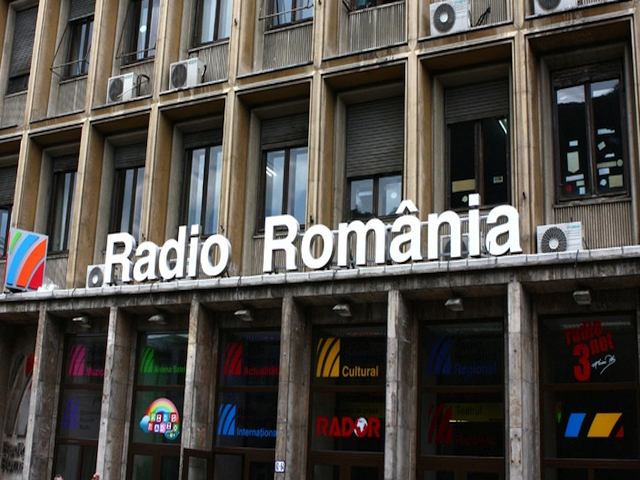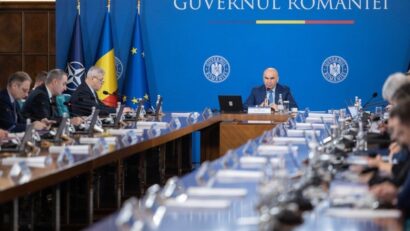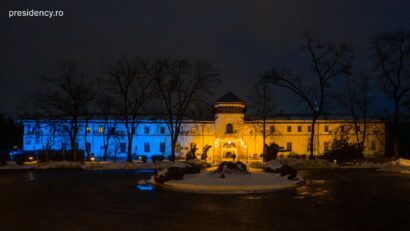State funding for public broadcasters?
Parliament passes bill on the elimination of over 100 small non-fiscal charges, including the radio and tv licence fee.

România Internațional, 26.10.2016, 13:45
The Chamber of
Deputies, Parliament’s decision-making body in this case, on Tuesday passed a
bill proposed by the Social Democratic Party to eliminate over 100 non-fiscal
charges, including the radio and TV licence fee, which provides most of the
funding for the public broadcasters.
On Monday, the
Social Democrats had given up on plans to eliminate this charge amid criticism
from politicians, civil society and representatives of public media
institutions, all of whom said doing away with the licence fee would
significantly affect the autonomy and independence of the public radio and TV
services. The Management Board of the Romanian Radio Broadcasting Corporation
says the elimination of the licence fee by law gravely affects the independence
and impartiality of the public broadcasting services. Media organisations have
also criticised the move, saying it profoundly alters the mission of public
radio and TV services and creates an excessive dependence on the political
element.
In response, the
president of the Social Democratic Party Liviu Dragnea said the elimination of
the licence fee does not imply the political subordination of the two public
institutions and proposed the establishment of specific state budget
allocations. Liviu Dragnea:
For next year,
through the state budget law, we will approve in Parliament a rate of 21 lei on
behalf of every Romanian citizen for the public radio broadcaster, amounting to
420 lei, and of 34 lei for the television broadcaster, amounting to 680 lei.
The Liberals
explained why they voted in favour of the bill, despite being in opposition.
Here’s the Liberal MP Andreea Paul:
The National
Liberal Party voted in favour of the bill because it is a good bill in general.
It does, pose, however, two major risks. The elimination of the radio and TV
licence fee is a huge mistake that will amputate the freedom and autonomy of
the public radio and TV broadcasting services which cannot buy this freedom by
resorting to the state budget. On the other hand, for next year, the Social
Democratic Party proposes new levies and para-fiscal taxes instead, which means
they are only interested in eliminating these charges for the duration of the
election campaign.
The government
says the initiators of the bill have not indicated the source of funding to
cover the budget impact of the elimination of these charges. According to the
finance minister Anca Dragu, the elimination of the radio and TV licence fee
may cost the state budget around 140 million euros a year. She warns that
funding the public broadcasting services from the state budget implies amending
the law regulating the activity of the two institutions, which is an organic
law. Anca Dragu:
Within the
current legal framework, the state budget can only cover certain types of
expenses incurred by the radio and TV broadcasters. So it cannot cover all of
their expenses. These fees are therefore necessary and form part of the legal
framework regulating the activity of the public radio and TV broadcasters.
Prime minister
Dacian Ciolos has also warned that the adoption of the bill would lead to an
increase in other levies and taxes to compensate for the budget expenses.






























